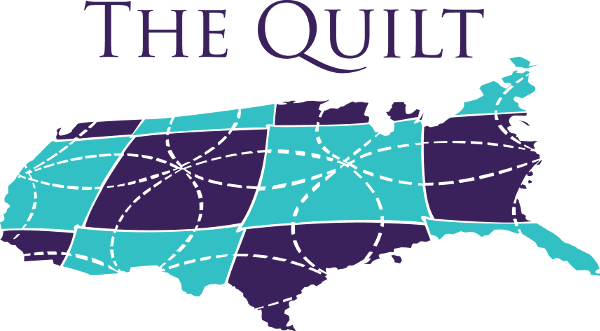For the last three years, the National Science Foundation (NSF) has made a series of competitive grants to more than 100 universities to upgrade their campus network capacity for greatly enhanced science data access.
NSF is now building on that distributed investment by funding a $5 million, five-year award to UC San Diego and UC Berkeley to establish a Pacific Research Platform (PRP), a science-driven high-capacity data-centric “freeway system” on a large regional scale.
Within a few years, the PRP will give participating universities and other research institutions the ability to move data 1,000 times faster compared to speeds on today’s inter-campus shared Internet.
At our 2015 Fall Member Meeting joint program day with the National Science Foundation Campus Cyberinfrastructure PI Workshop and the ESnet Site Coordinators Committee on Wednesday, Sept. 30, we are excited to welcome Larry Smarr, UC San Diego computer science and engineering professor, principal investigator of the PRP, and director of the California Institute for Telecommunications and Information Technology (Calit2), to share his insight on the project.
 “To accelerate the rate of scientific discovery, researchers must get the data they need, where they need it, and when they need it,” said Smarr. “This requires a high-performance data freeway system in which we use optical lightpaths to connect data generators and users of that data.”
“To accelerate the rate of scientific discovery, researchers must get the data they need, where they need it, and when they need it,” said Smarr. “This requires a high-performance data freeway system in which we use optical lightpaths to connect data generators and users of that data.”
Separately, NSF has awarded funds to hold a PRP design workshop at UC San Diego, now scheduled for October, entitled: ‘Building an Interoperable Regional Science DMZ.” This workshop will bring together the PRP application driver researchers with the distributed computer architects, the network engineers, and the multi-institutional IT/Telecom administrators to further refine the PRP implementation.
Also on our joint program day in Austin, we will discuss some of the future directions of Science DMZ. The discussion features Eli Dart, Network Engineer at ESnet, and the security in a Science DMZ with Robin Sommer, senior researcher in the Networking and Security Group at the International Computer Science Institute and Berkeley National Lab.
At the invitation of Quilt member LEARN (Lonestar Education and Research Network), The Quilt will be holding its Fall Member Meeting on Sept. 28 through Oct. 1 at the JW Marriott in downtown Austin, Texas. This year’s Fall Member Meeting also coincides with the National Science Foundation Campus Cyberinfrastructure PI Workshop and the ESnet Site Coordinators Committee (ESCC).
This will be one Texas-sized meeting with the best networking minds in the country gathered all in one place for some exciting discussions on how R&E networks are uniquely positioned to meet today’s infrastructure challenges.
Thanks again to LEARN for hosting this year’s meeting. If you have not registered, online registration is still available.
You can follow the conversation now and throughout the meeting using #FMM15 or @TweettheQuilt.
We look forward to seeing you Austin!
